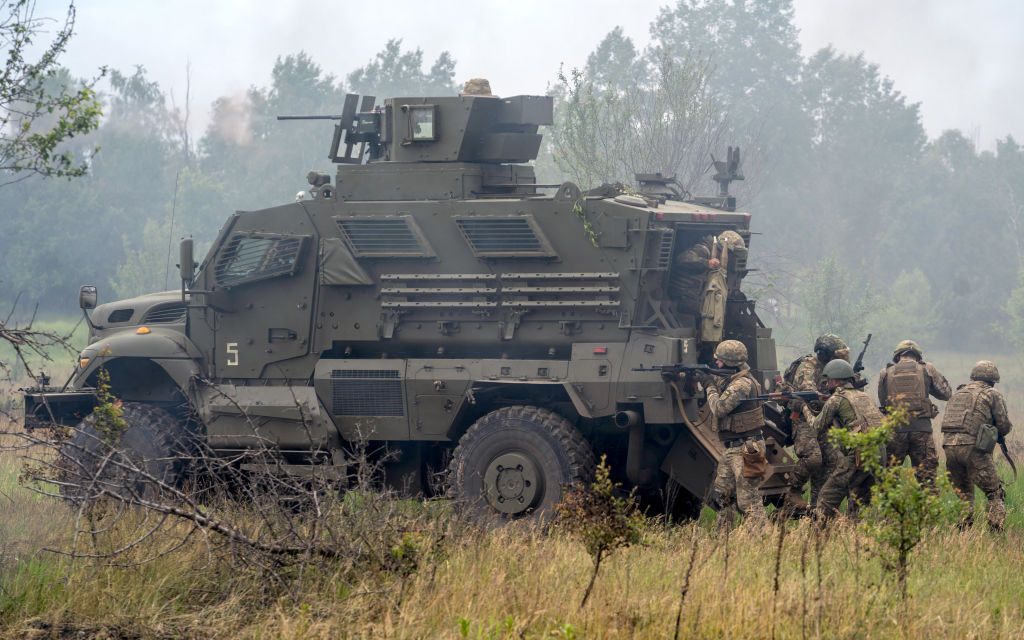ISW: Russia's military formalization efforts aim at restricting Prigozhin's independence
The Institute for the Study of War said in its recent update that Russian Defense Minister Sergei Shoigu and the Russian military command are seeking to regain favor with Russian President Vladimir Putin following successful defensive operations in southern Ukraine and their pursuit of formalizing Russian irregular forces, which was likely part of their original plan in the early months of 2023.
Shoigu announced on June 10 that Russian volunteer personnel must sign contracts directly with the ministry by July 1. Wagner's mercenary boss brushed off the Russian order to sign contracts: “Wagner will not sign any contracts with Shoigu,” Yevgeny Prigozhin, founder of the Wagner Group, said on June 11.

A Wagner-affiliated military blogger claimed that Shoigu’s new decree legalizes the destruction of private military companies and that the Russian Ministry of defense will use this decree "to stop providing Wagner forces with ammunition, medical assistance, and military equipment." Under current and longstanding Russian law, private military forces are illegal. Since its inception roughly ten years ago, Wagner has maintained an uneasy peace with Russian lawmakers, justifying its existence by operating in theatres where it has been beneficial for the Russian regular armed forces to maintain plausible deniability, such as Crimea and Donbas in 2014.
The ISW says that Wagner's operations on the Bakhmut front line in winter and spring 2023 and the Russian ministry's lack of decisive victories in Donbas may have limited the Defense Ministry to pursue its desired formalization of Russian forces sooner.
"The move is likely militarily sound and in part unrelated to the dispute with [Yevgeny] Prigozhin, as a formal accounting and direct control of Russia’s array of irregular formations will likely enable the Russian military command to redeploy forces as needed," the ISW said.











